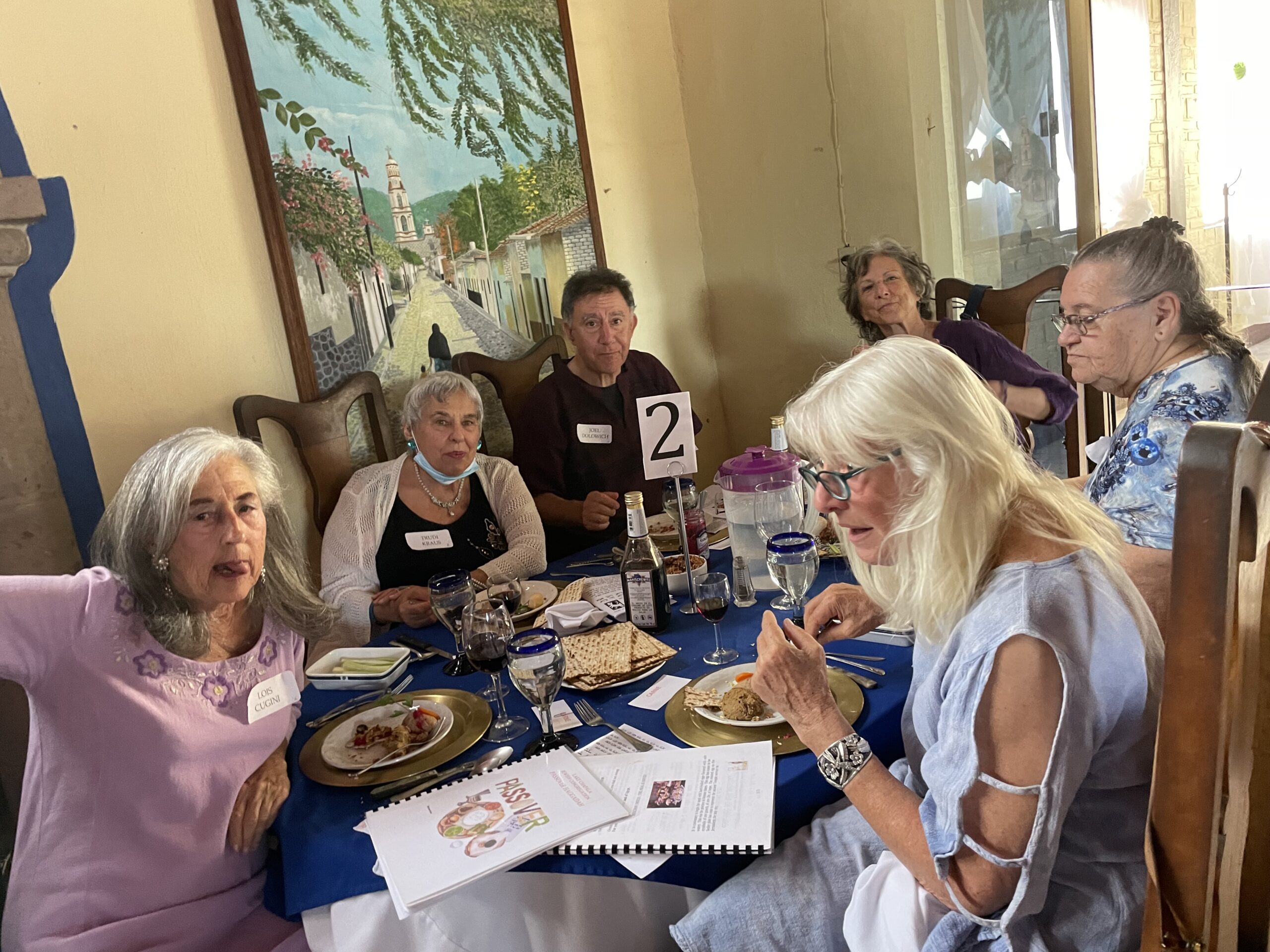The Israelites are complaining about
Having to eat mana all the time.
Miriam complains about
Moses’s new black bride from Cush
Aaron complains about Moses
Getting all the attention from the Lord,
Acting as if he is the only person the Lord talks to.
The Lord hears all this and is chagrined.
How to get them all to shut up?
Up to now the Lord’s response was merely
To zap the troublemakers.
But if the Lord keeps zapping Israelites
They will never choose the Lord
Or the society
The Lord is trying to establish for them.
So the Lord takes a step back and decides
On different strategies
If the Israelites won’t stop complaining about
Their diet lacking meat,
He’ll give them so much meat
They’ll be throwing up for days.
This works! The Israelites shut up already.
As for Aaron, as high priest to the one God,
The strategy is straightforward:
The Lord tells him that Moses is unlike any leader
That the Lord has communicated with.
The Lord doesn’t have to talk to Moses
In riddles or dreams.
For the Lord can speak directly to him,
Knowing that Moses will immediately get it.
Chastened, Aaron shuts up immediately.
Handling Miriam is trickier.
She is Moses’s beloved sister,
Who had saved him from certain death as a baby.
You can’t zap such an important person,
However insulting she.has been to her brother.
Besides, Moses himself begins
Begging the Lord not to punish her.
Moses is a good boy, a good brother,
But he has to understand
Miriam would be better served
By retreating from the camp for seven days.
How do you do this?
Well, you strike her with a skin disease,
By doing so, the Lord immediately
activates one of the laws
That he has dictated to Moses:
With a skin disease, the victim must be held
Outside the camp for seven days.
To assure that Miriam will not be left behind
By her impatient compatriots,
Another law is invoked:
The Israelites are not allowed to break camp
Until the Lord signals them to do so.
This works too, but far better
Than the way the other complaints were handled.
In this case, the Lord is appealing to justice
By invoking laws.
Even better, by applying this to one of Moses’s siblings,
The Lord is providing a precedent that
All Israelites can see for themselves.
A law isn’t thus merely an abstract:
It can be concrete and practical and, yes,
Far more merciful than
The one response of zapping all complainers.
The rule of law has been established.






